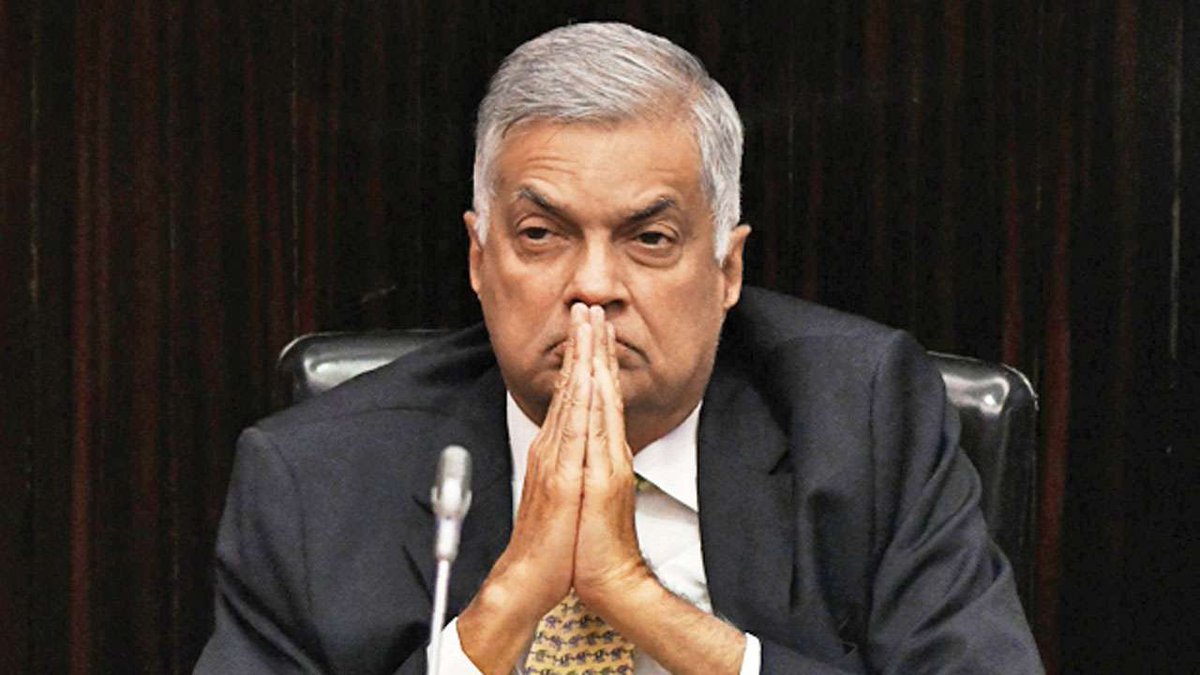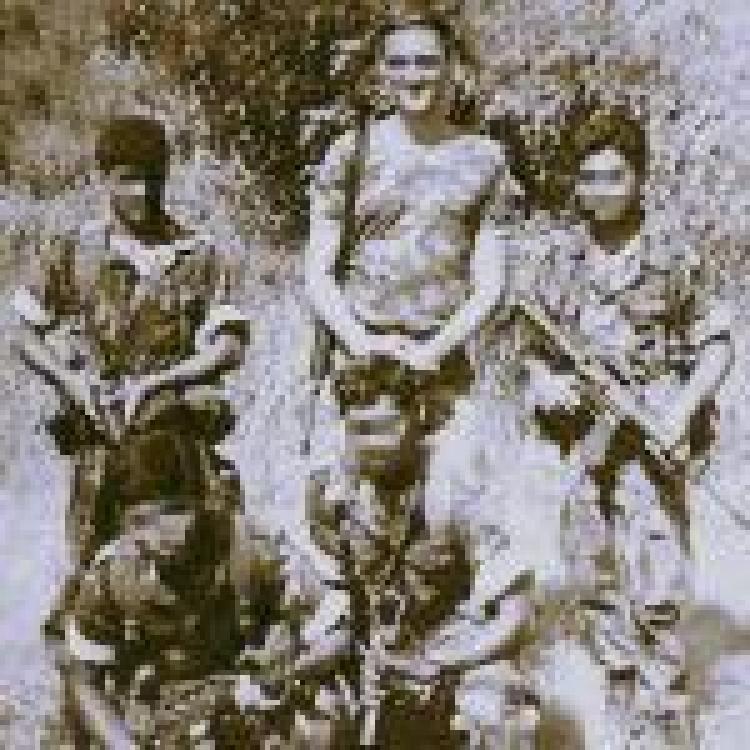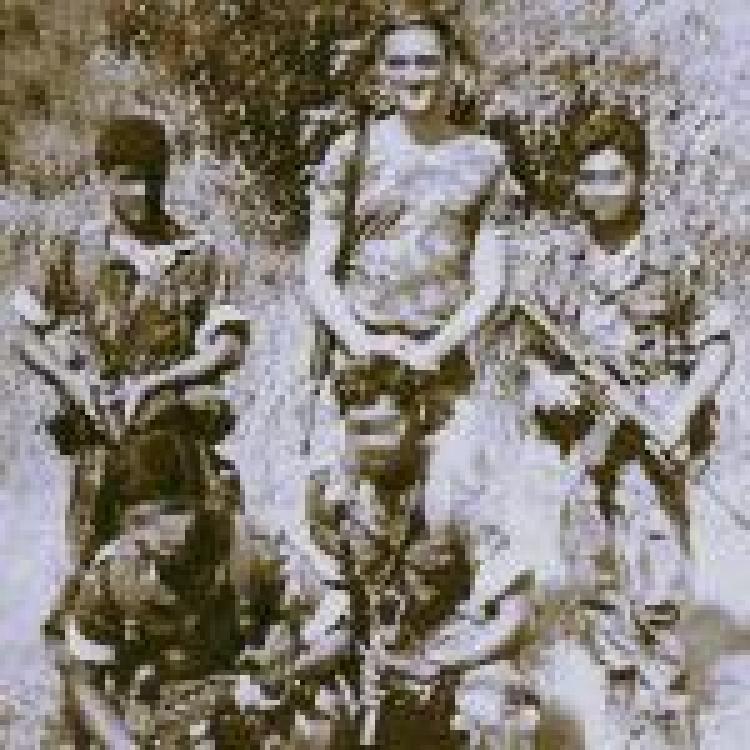
Sri Lanka’s former prime minister Ranil Wickremesinghe has claimed that the British government was aware of the activities of Keenie Meenie Services (KMS), a British company that assisted the Sri Lankan military in committing crimes against Tamils.
“As far as the British Government is concerned, they were aware of it,” said Wickremesinghe in an interview to the Sunday Times this week. “But the Sri Lankan Government entered into the agreement on its own. The KMS was a well-known agency. In Britain, there were other agencies like this going out and doing training around the world. So certainly, the British Government was aware of it. But we did not need the blessings of the British Government, nor did we go to ask for the blessings of the British Government. We worked not only with KMS, but we worked with other groups as well.”
However, the former prime minister denied that any human rights violations had been committed by Sri Lankan troops. “If there are serious, credible allegations (of human rights violations by Sri Lankan Forces) we should investigate it,” he said. "But there is nothing like that.”
Instead, Wickremesinghe said journalist Phil Miller who wrote about KMS, in a book released earlier this year “has not verified” any of the claims, highlighting an interview he gave to the Tamil Guardian.
Miller's book, ‘Keenie Meenie - The British Mercenaries Who Got Away with War Crimes’, documents how the company formed of former Special Air Service (SAS) veterans turned mercenaries, went on to effectively set up one of Sri Lanka’s most notorious military units. With several years of extensive research, which involved uncovering declassified files from the National Archive and Freedom of Information requests, alongside interviews with both survivors and perpetrators, the book meticulously reconstructs the events of the time and sheds light on the British government’s tacit approval of KMS activities.
The Metropolitan Police has subsequently launched a war crimes investigation into the findings.
Wickremesinghe though claims that British involvement was much deeper.
“There are British officers everywhere,” he said, referring to how Sri Lanka began a Staff College for military training. “That is nothing new. When we started the National Defence College we needed high level people. We had links with the British for a long time.”
"There were complaints that the British supplied us with arms at the time. I was the Prime Minister. Yes, we had an agreement. The British gave us arms for two reasons. Under the Ceasefire Agreement, the LTTE agreed that (Under 1.3 in the Agreement) “the Sri Lankan Armed Forces shall continue to perform their legitimate task of safeguarding the sovereignty and territorial integrity of Sri Lanka.” So, even the LTTE had agreed to it. Secondly, the LTTE was banned and really targeted after the 9/11 incident in the USA. The British wanted to know why we wanted the arms and we said it was to fill the gap created by the previous military operations where we lost a lot of equipment. The talk was that the British Army experts gave advice on reorganising the Army. Yes, that was done by me under the Ceasefire Agreement. We wanted to reorganise the Army and the shortcomings we saw in the previous two years.”
He went on to highlight how the Sri Lankan military also received, Pakistani, Indian and Israeli assistance.
Wickremesinghe, who is still a member of the United National Party (UNP) went on to add that his government, which was in power from 2015 until 2019, did not agree to any war crimes investigations, despite co-sponsoring a resolution on accountability at the UN Human Rights Council.
“Investigations we did were more of the killing and assault of journalists which came up to about 2014,” he claimed. “They were not connected to the war issues.”
See the full text of his interview here.


